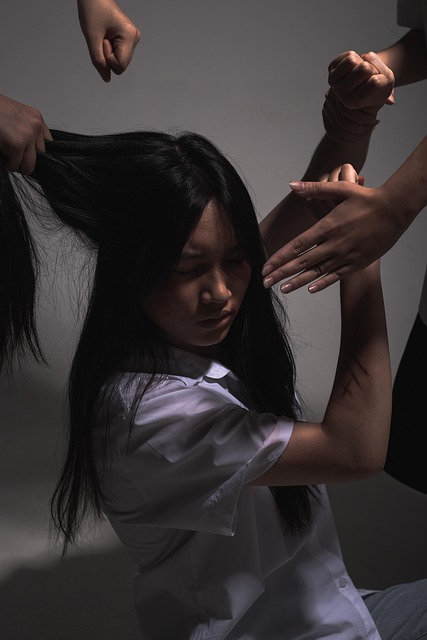Teen Challenge programs, Christian rehab centers for teens with addiction, face severe scrutiny due to abuse allegations. Recent claims depict a culture of fear and control, where staff authority was misused without accountability. This highlights the urgent need for transparent oversight, regulatory bodies, and comprehensive investigations to address Teen Challenge abuse issues, ensuring justice and safety for vulnerable young individuals.
“Teen Challenge programs, touted as transformative youth rehabilitation centers, have come under fire due to serious Teen Challenge Abuse allegations. This article delves into the structure of these facilities and how reported instances of physical and emotional abuse have raised concerns. We examine the profound impact on victims and explore calls for increased accountability in these controversial settings. Understanding these programs’ inner workings is crucial to addressing potential harm and ensuring young people’s well-being.”
- Understanding Teen Challenge Programs and Their Structure
- Uncovering Allegations of Physical and Emotional Abuse
- The Impact on Victims and Calls for Accountability
Understanding Teen Challenge Programs and Their Structure

Teen Challenge programs, also known as Christian rehabilitation centers, are faith-based organizations designed to help young people overcome addiction and various forms of struggle. These facilities offer a structured environment, combining spiritual guidance with therapeutic interventions, aiming to foster personal growth and transformation. The Teen Challenge model typically involves residential stays at specialized centers where residents engage in intensive counseling sessions, group discussions, and physical activities.
The structure within these programs often includes strict rules and routines, with a focus on discipline and accountability. Staff members, usually comprising pastors, counselors, and support staff, play pivotal roles in guiding residents through their journeys. While Teen Challenge has claimed positive outcomes for many, the existence of abuse allegations highlights a critical aspect that requires scrutiny. The close-knit nature and hierarchical structure can potentially create power imbalances, making it essential to investigate and address any claims of mistreatment within these facilities.
Uncovering Allegations of Physical and Emotional Abuse

The dark underbelly of Teen Challenge programs has come into sharp focus with recent allegations of physical and emotional abuse within their facilities. These accusations, if proven true, shed light on a disturbing pattern of mistreatment that may have profound impacts on the young participants’ well-being and future prospects. Reports indicate that victims faced not only harsh disciplinary measures but also endured constant verbal aggression and severe physical punishment for minor infractions.
Uncovering these Teen Challenge abuse claims requires a thorough investigation into the cultural norms and power dynamics within the programs. Many survivors speak of an environment characterized by fear and control, where staff members wielded authority without accountability. The alleged abuse often went unreported due to threats of further retaliation or fears of losing support networks outside the facility. This secrecy has fostered a culture of impunity, highlighting the urgent need for transparent oversight and regulatory bodies to address these critical issues related to Teen Challenge abuse.
The Impact on Victims and Calls for Accountability

The impact of abuse allegations at Teen Challenge facilities cannot be overstated, especially on the victims who are often young individuals already vulnerable and in need of support. The alleged instances of physical, emotional, and psychological abuse can have profound and lasting consequences on their mental health, self-esteem, and overall well-being. Many survivors of such experiences struggle with anxiety, depression, post-traumatic stress disorder (PTSD), and other trauma-related conditions, which may require long-term therapy and counseling to overcome.
The calls for accountability are growing louder as more victims step forward to share their stories. There is a pressing need for comprehensive investigations into these allegations, along with transparent policies and procedures to prevent any future abuse within Teen Challenge facilities. This includes robust reporting mechanisms, strict discipline for perpetrators, and regular training sessions focusing on trauma-informed care and conflict resolution. Ensuring accountability not only provides justice for victims but also fosters a culture of respect, safety, and healing in these institutions.
The allegations of abuse within Teen Challenge facilities shed light on a serious issue that requires immediate attention. By understanding the structure and goals of these programs, it’s clear that the reported physical and emotional mistreatment is unacceptable. The impact on victims is profound, highlighting the need for robust accountability measures to prevent further harm. Moving forward, addressing these allegations and implementing transparent reforms are essential steps toward ensuring the safety and well-being of young people in similar programs.
